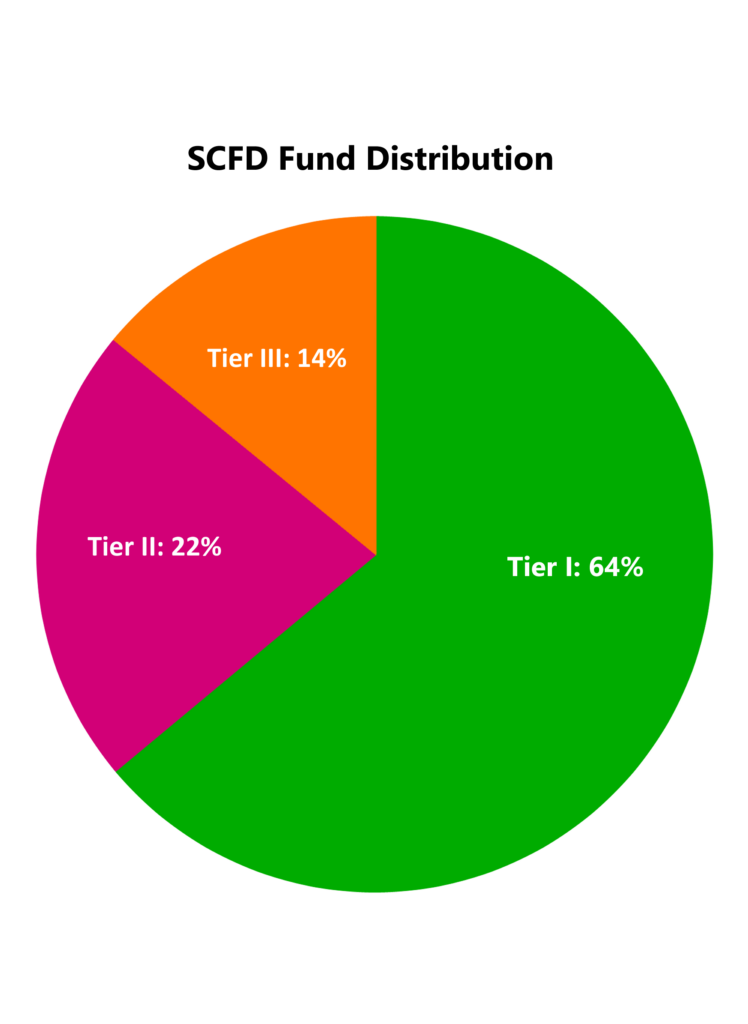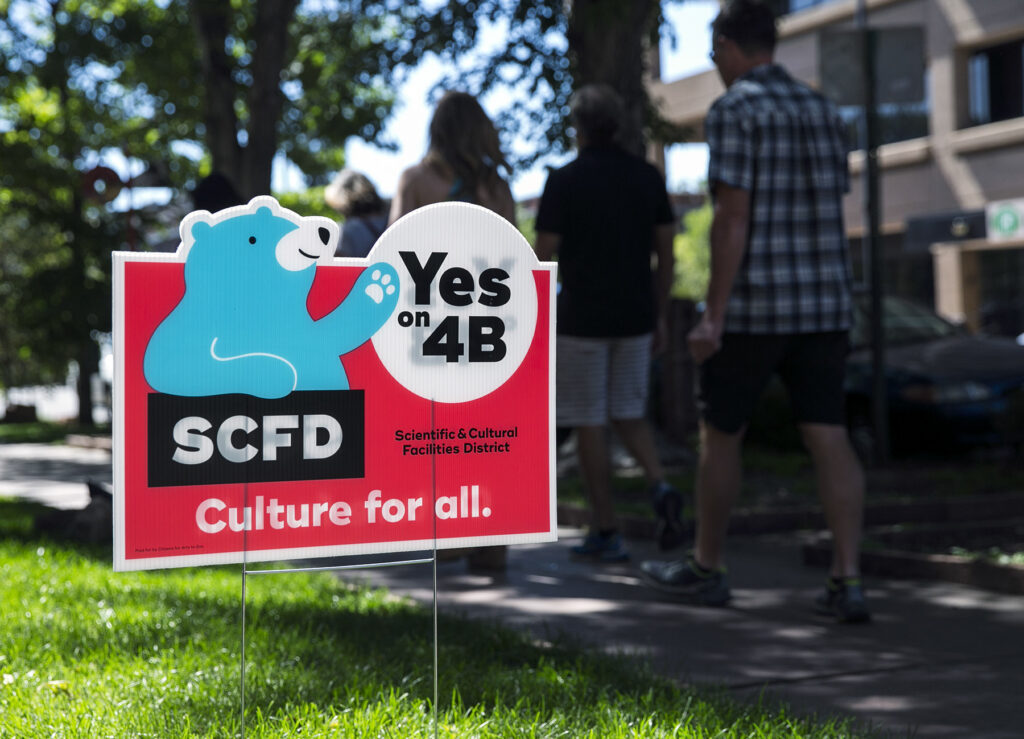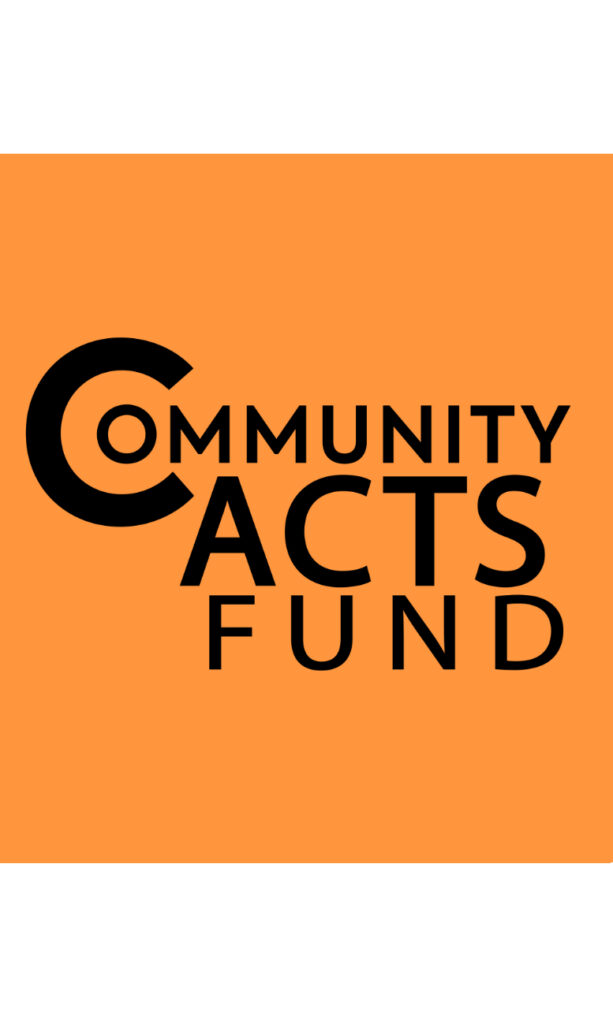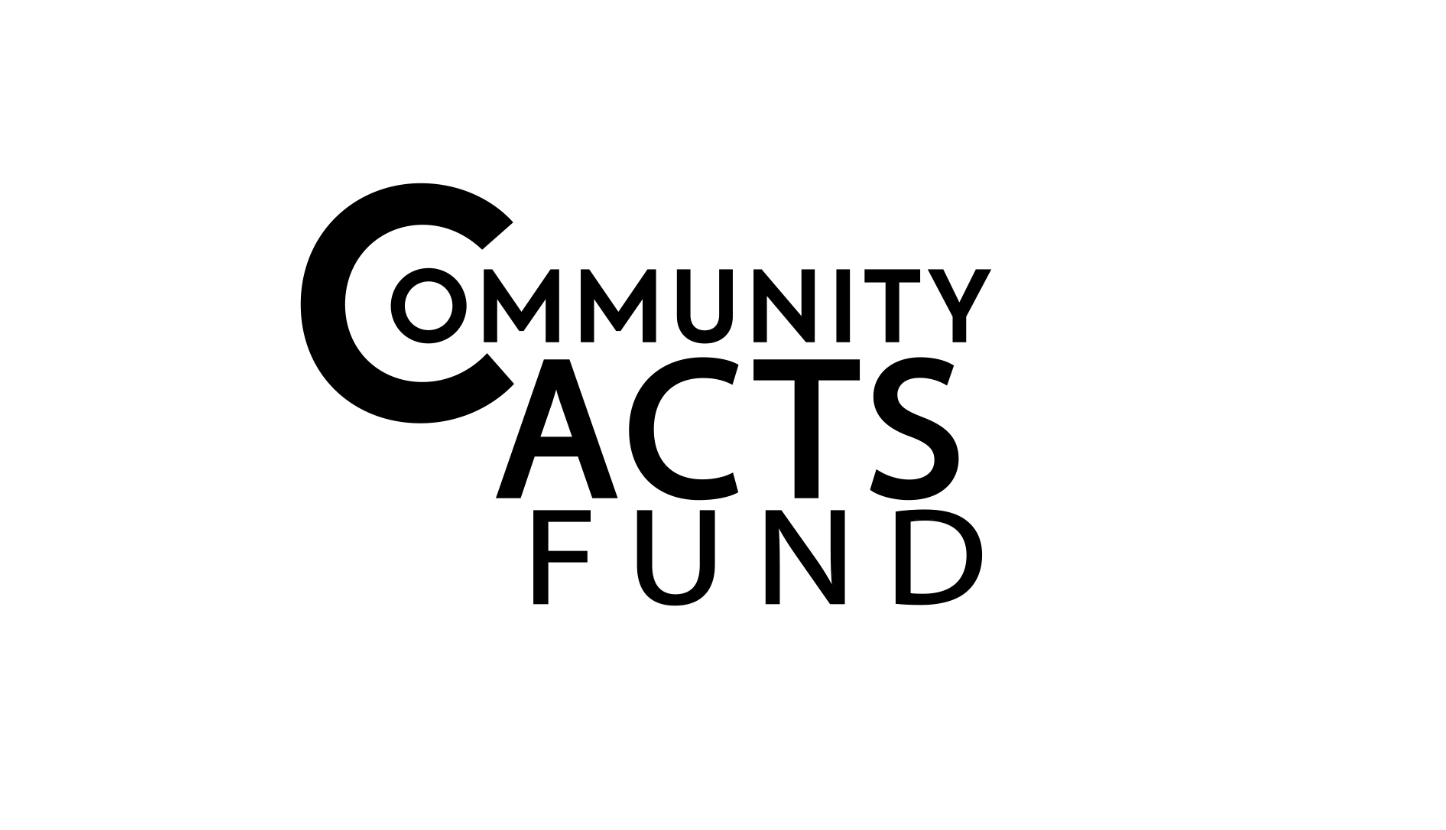How Did We Get Here?

The Community ACTS Fund would not exist without the Scientific and Cultural Facilities District (SCFD). SCFD is a regional voter-approved cultural tax that is collected and distributed to arts, cultural and scientific organizations, first approved in 1988 and renewed three times since. SCFD funds go to organizations throughout the seven-county Denver metropolitan area (Adams, Arapahoe, Boulder, Broomfield, Denver, Douglas, and Jefferson Counties) that are dedicated to preserving and advancing the arts, culture, and science.
Ninety-eight and a half percent of collected tax is given out annually to qualifying organizations. SCFD funding is awarded to organizations on a tiered system

Tier III represents the largest pool of organizations and includes about 260 small organizations with cultural and scientific missions in a wide variety of disciplines, including dance, theater, music, visual arts, literary arts, and more. Tier III organizations receive 14 – 17% of the taxes collected by the SCFD.
Tier II organizations include approximately thirty-two regional organizations, and by statute, these organizations receive funding based on three factors: [1] qualifying annual income, [2] the organization’s paid attendance, and [3] the organization’s documented free attendance. Examples of Tier II organizations include the Colorado Ballet, Clyfford Still Museum, and the Butterfly Pavilion. Tier II organizations receive 22-26% of taxes collected by the SCFD.
By statute, Tier I is comprised of the five largest organizations: the Denver Art Museum, Denver Botanic Gardens, the Denver Center for the Performing Arts, Denver Museum of Nature & Science, and the Denver Zoo. Tier I organizations receive 57 – 64 % of the taxes collected by the SCFD.
The genesis of the Community ACTS Fund was precipitated by the Colorado General Assembly’s leadership, in partnership with community leaders in the arts and cultural industry, to support enabling legislation for the tax district renewal on the November 2016 ballot. The intent was to further address funding inequities that existed in the legislation and in philanthropy overall.
Getting Started and Moving Forward
Photo: (Stephanie Wolf/CPR News)

In the first year, the Community ACTS Fund’s primary focus was twofold: to establish the governing and funding structure; and to select a fund manager. In September 2018, Mile High United Way (MHUW) was selected as the grant fund manager. In December 2018, an agreement was signed between the five Tier I organizations, and Mile High United Way (MHUW) for the fund management and the grant program management of the Diversity Fund Advisory Committee.
After two years of operation, the “Inclusivity Fund Advisory Committee” was officially changed. In 2019, The Community Arts, Culture, Transformation and Science (ACTS) Fund, would be a governing advisory council that would move beyond the perceived radical concept of inclusions, to a forward-looking approach to funding that would place community service and stability at the core of its vision. In 2019 it was agreed that the focus of the funding would be capacity building and general operating grants, this would include operations and capital funding as well.

In Fall 2019, the Community ACTS Fund, which had been charged with the task of creating a funding instrument from scratch, awarded the first round of grants 18 months after its establishment. The grant awards totaled $597,755 to sixteen organizations. The grants focused on the need opportunity for transformation. The possibility that the organizations could be supported with funding significant enough to allow for the building of a system that would help sustain them through difficult times and would not be tied to programming.
In May 2020, the Community ACTS Fund responded to the economic collapse caused by the COVID-19 pandemic, chose to distribute the 2020 allocations in an accelerated schedule. The Fund distributed emergency funding to Tier III organizations that qualified based on their service to the identified marginalized groups as articulated in the Community ACTS Fund Application guidelines. The funds distribution represented a uniform percentage of the organizations’ General Operating Budget. The Community ACTS Funds distributed emergency funds in the amount of $752,942 to 21 organizations.
Partners
We are grateful to SCFD Tier I organizations for their commitment to the building the strength and capacity of Tier III nonprofits.





